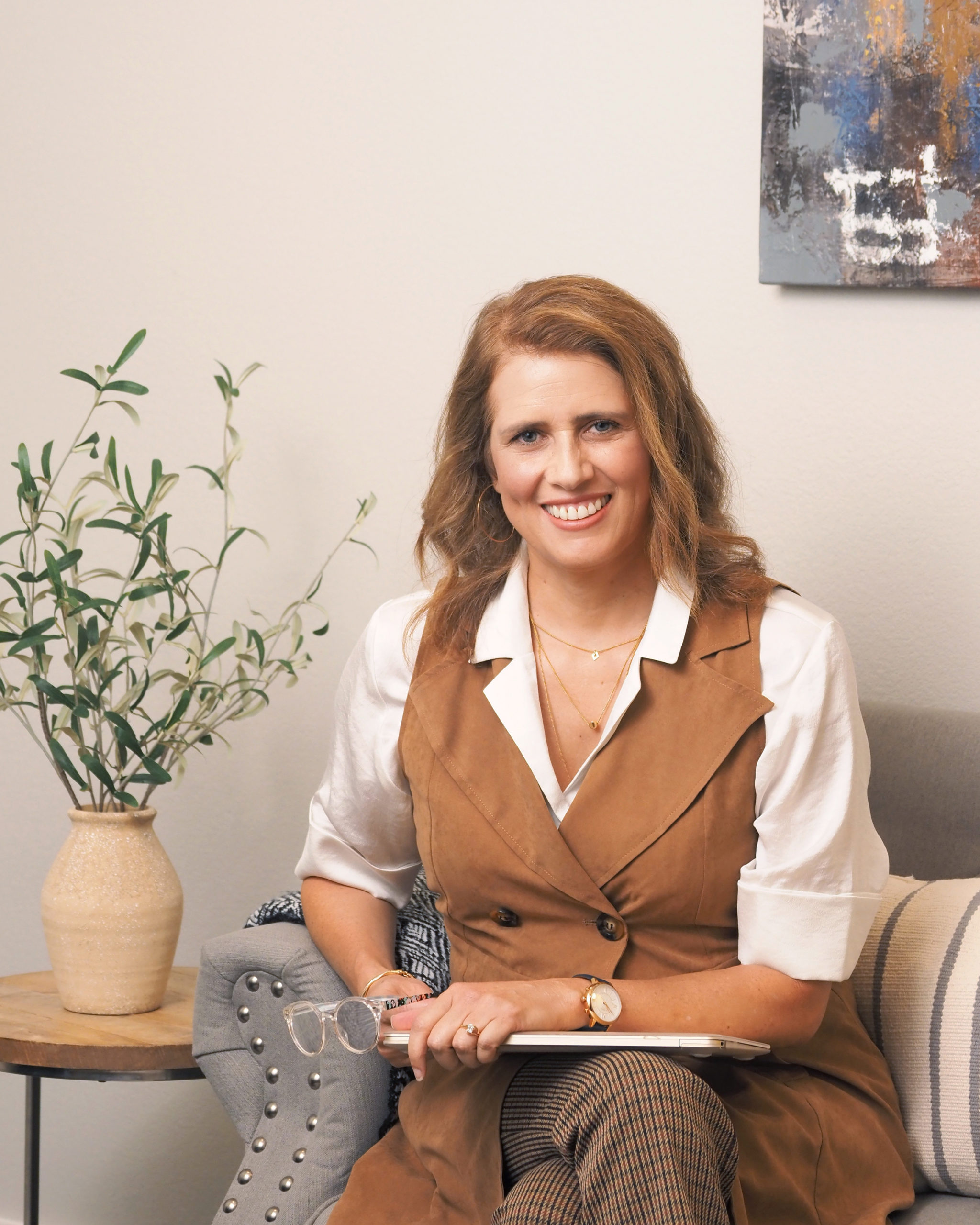Hello. This page details who I am, my approach, and what you can expect from our work together. I am a Licensed Professional Counselor Associate under the supervision of Dr. Le’Ann Solmonson, LPC-S.
I believe humans have an innate ability to grow. It is part of how we are wired. Life experiences, personal development, and relationships can hinder our capacity for growth. Therapy creates a space to focus on how our inner world, mind, and heart affect our lives. It provides an opportunity for growth and change.
My aim in therapy is to create a safe environment where you feel accepted and seen. I believe you are the expert of your own experience. Part of this process involves forming a collaborative relationship where we work together to accomplish that which is important to you.
I enjoy working with adults, college-aged students, children, and groups. As a bilingual therapist, I have an interest in helping culturally diverse clients and their unique needs. I also love helping those that experience the effect of trauma in their lives.
More information about my approach to counseling is below. I am happy to have a brief chat over the phone if you have further questions. We can explore if we are a good fit for each other. If you don’t feel I am the right counselor for you, I will gladly refer you to another capable professional.
Contact:




